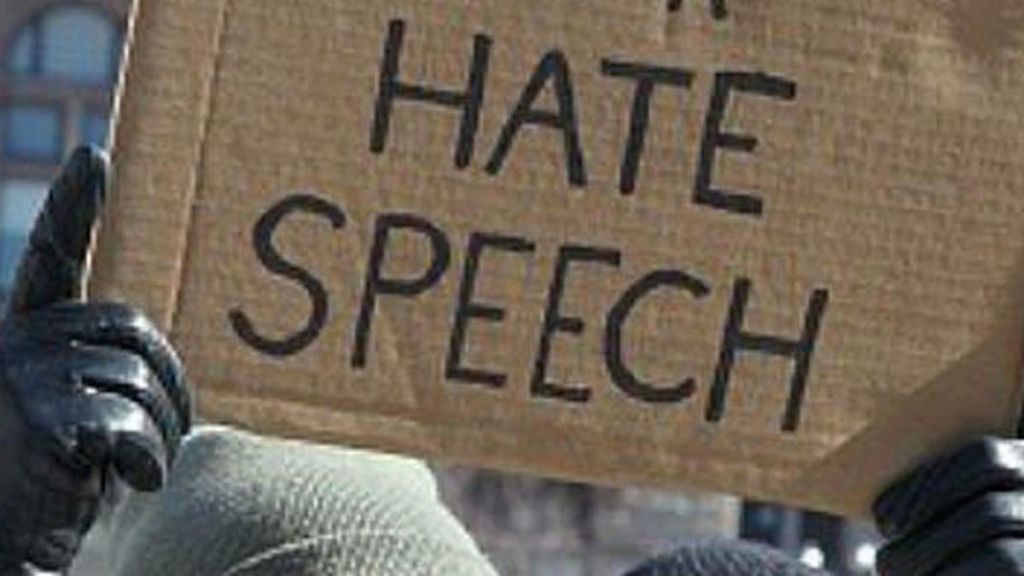
In the cacophony over the vulgar and obnoxious words by social media influencers, the words and statements that should have got that national attention have slipped below the radar – hate speech, especially against minorities by the ruling dispensation.
There was a staggering 74.4 percent rise in hate speech incidents, with nearly 1,165 verified hate speech events in 2024; this is almost twice the number the previous year, in which 668 events were recorded, according to the report on hate speech in India last year published by the Washington-based India Hate Lab. It is not immediately clear what punitive or judicial action has been taken on each of these recorded hate speeches – and how many more there could be that were not recorded.
The escalation showed two unsurprising trends. One, Uttar Pradesh and Maharashtra were placed first and second, and two, the maximum number were traced to politicians, UP Chief Minister Yogi Adityanath, besides Prime Minister Narendra Modi and Union Home Minister Amit Shah. May 2024 saw the biggest spike.
Unsurprising, because 2024 was a year of a significant election with Prime Minister Modi seeking a third straight term. His party, the ruling Bharatiya Janata Party, has always relied on communal polarisation and the rhetoric of hate to consolidate the majority vote. Last year was no different. Another spike was when the anti-Hindu hate crimes in Bangladesh, after the fall of the Sheikh Hasina government, triggered a wave of hate speeches and events in India.
To be sure, India is not the only country beset by sectarian or communal hate speeches that are socially polarising and damaging its national fabric. There could be an argument that India, given its wide diversity of religions, classes, castes, and ethnicities, is bound to be more of a tinderbox than a smaller, more homogeneous, country. It is a facetious argument, especially in the context of India’s place in the world that the ruling dispensation claims – that of a Vishwaguru or world leader. Is this the example a world leader wants to set?
The report also points out that hate speech is not merely episodic or incidental but has turned strategic and deliberate. Even more worrying is that it continues to be politically sanctioned. As many as 79.9 percent of the hate speech events, or 931, were in BJP-ruled states or Union Territories.
This comes on the unforgettable open call to violence by a clutch of its ministers, starkest of them being Anurag Thakur’s roar at a public rally “…goli maaron saalon ko” that remains one of the most explicit calls to violence against minorities; there have been repeated references to “love jihad,” “batenge toh katenge” and such terms intended to rouse the worst communal impulses of the majority. This cannot sustain simply because India is a land of mind-boggling diversity, plurality, and multi-culturalism that has no parallel. Hate, when weaponised to cleave such a society, will demand its payback. India will lose.